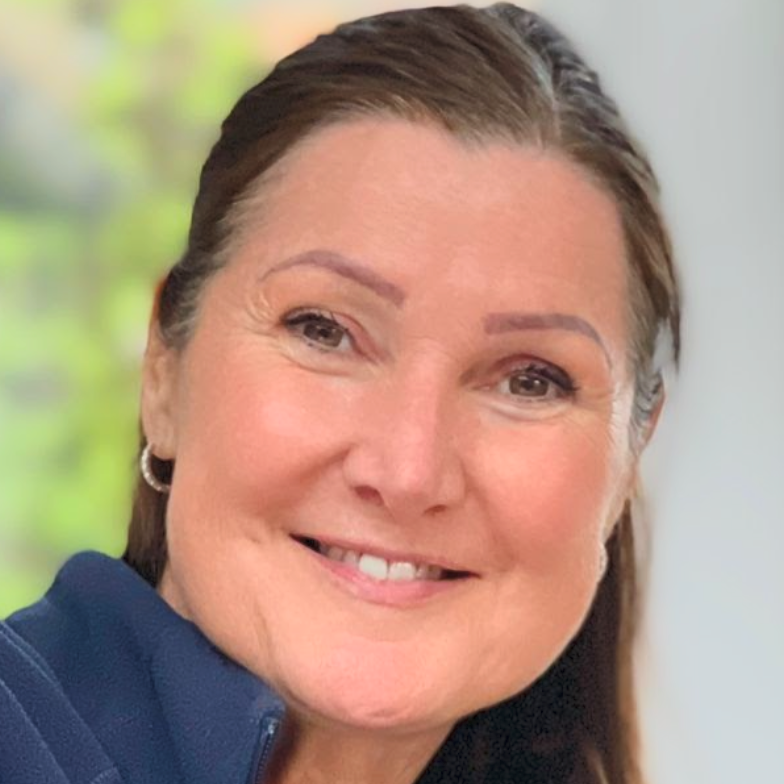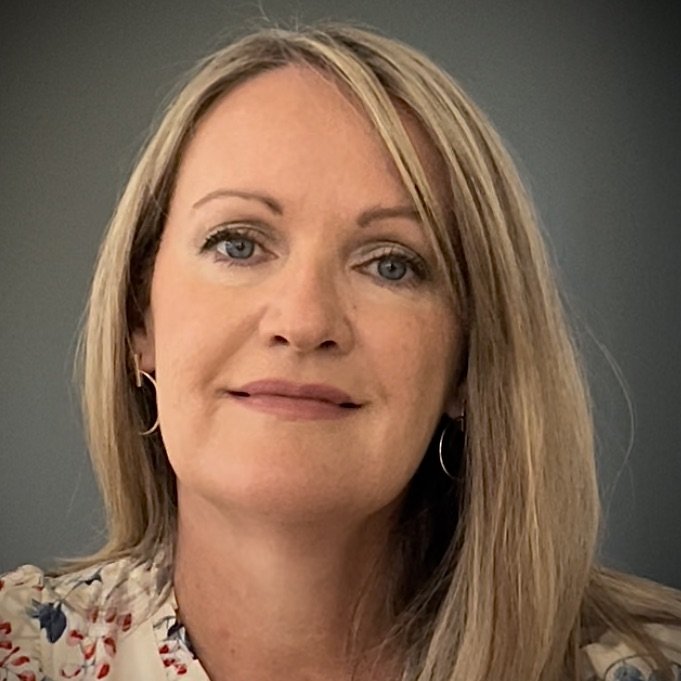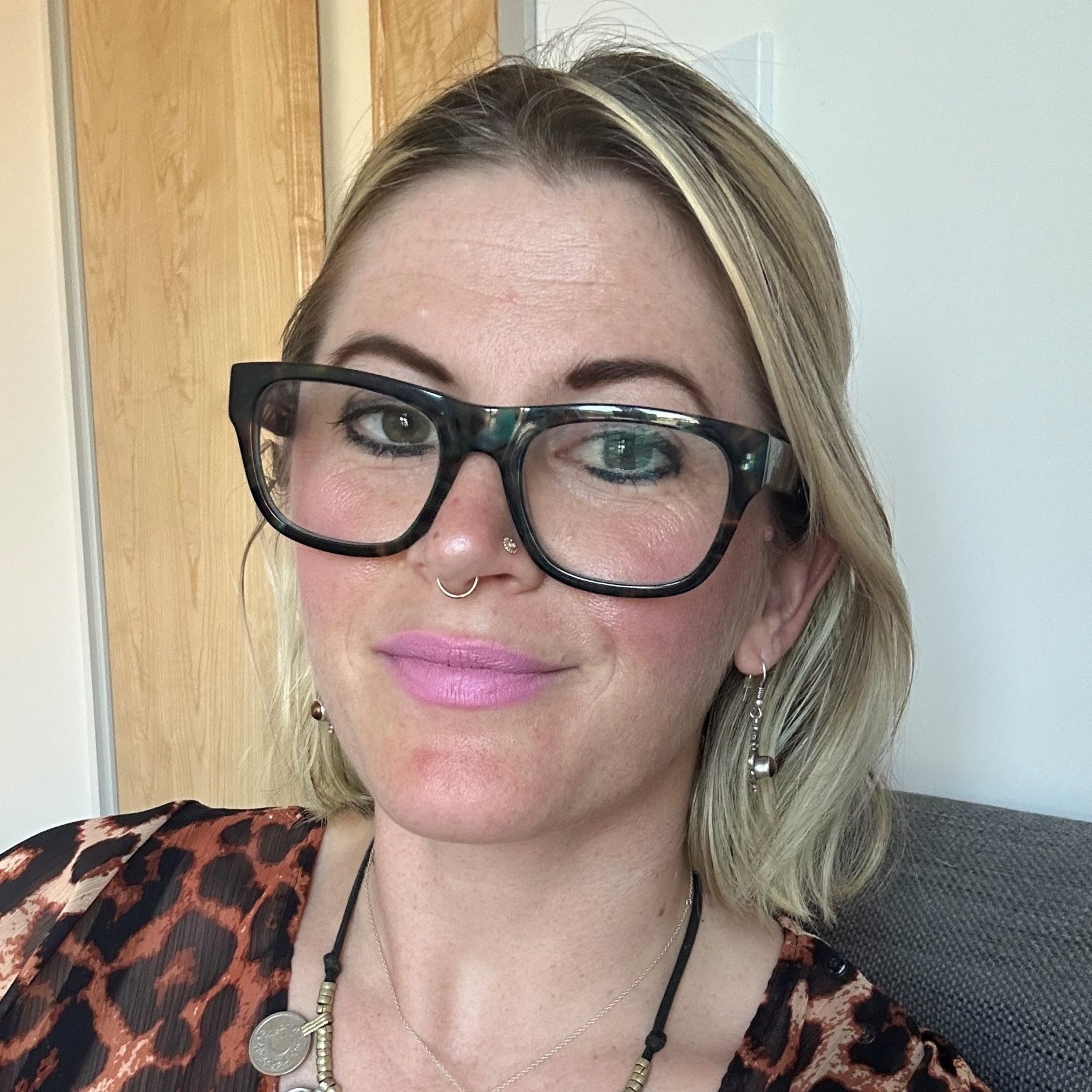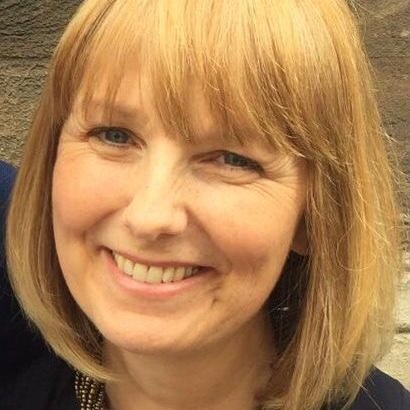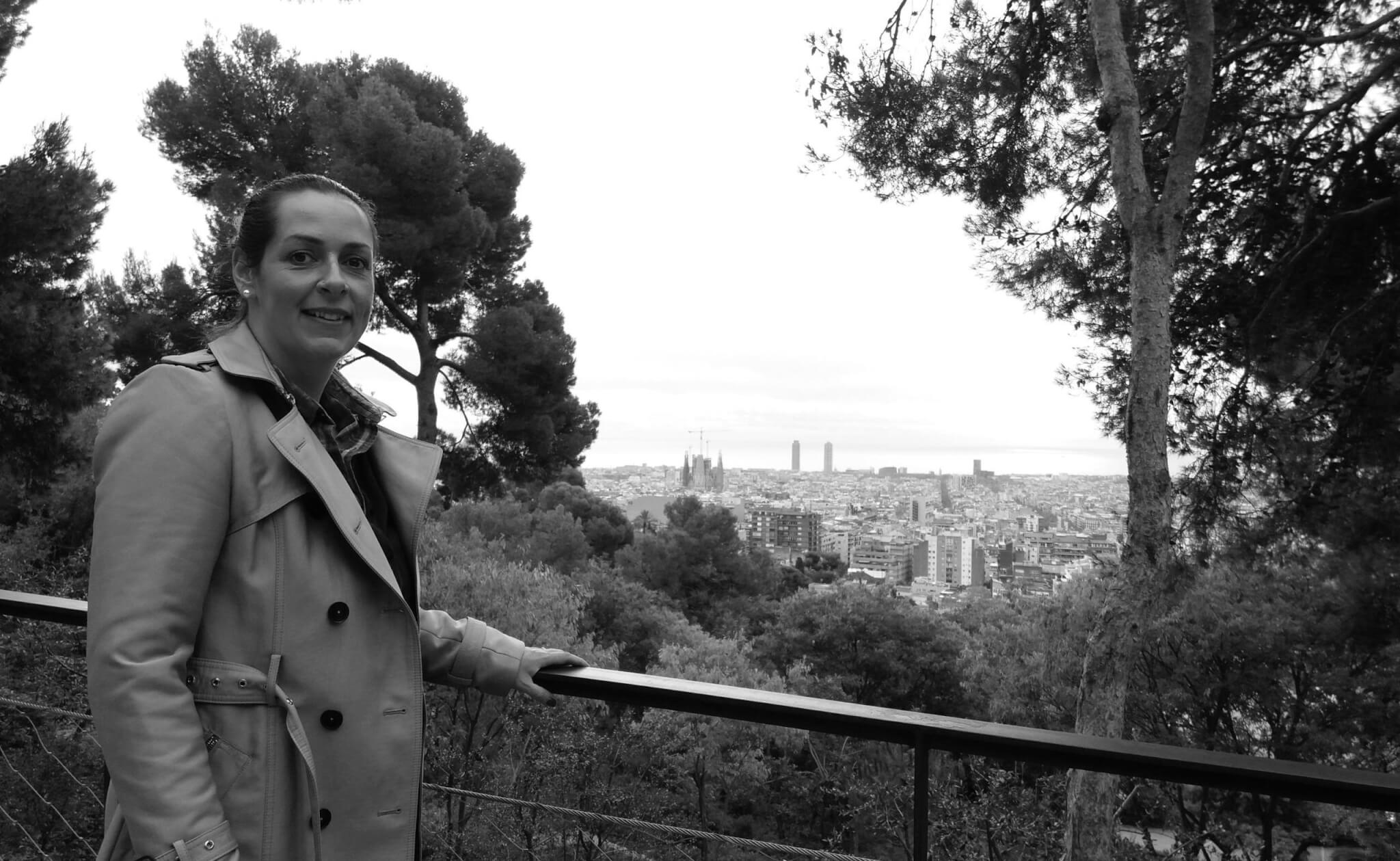As we are facing the peak of the Covid-19 pandemic the discussions seem to focus on flattening the curve so that we can mitigate the impact on physically vulnerable populations in our society and alleviate some of the pressure on our fragile health systems, while waiting for an effective vaccine. But, it has become very clear that the focus of public health cannot be limited to this. It needs to include mental health issues, which intersects with any infectious diseases such, as Covid-19, and can potentially worsen the impact of the pandemic.
April 2020
Back in April 2020, at the start of the pandemic, Dr Devora Kestel, director of the Department of Mental Health and Substance Use at the World Health Organisation presenting a U.N. report and policy guidance on COVID-19 and mental health, said that an upsurge in the number and severity of mental illnesses is likely, and governments should put the issue ‘front and centre’ in their responses.
The UN report highlighted certain sections of society, including frontline healthcare workers, the elderly, those with pre-existing health conditions, women and children/young people were showing ‘high degrees of Covid-19-related psychological distress.’ Outside of these sections the UN report asked to:
- Take into consideration that mental health problems exist on a continuum of mild to severe and said that the Covid-19 crisis influenced where people were situated on the continuum.
- Take note of the increase of anxiety and depression in particular to children and young people that has started being recorded in several countries.
- Take note of the rise of domestic violence.
- Take note of the increase of people employing or spending more time on addictive activities such as gambling and online gaming, or of alcohol, drug use and smoking as a way to cope with the stress of the pandemic.
- Pay attention to the economic turmoil of millions of people, who have lost or are being at risk of losing their income and livelihoods and therefore being at risk or experiencing acute impoverishment
October 2020…6 months later
In October 1st 2020, the Centre for Mental Health has worked with the NHS to build a model based on the best available evidence to forecast how many people may need mental health support as a result of the Covid-19 pandemic. In their briefing they mention that the model predicts that nationally in England:
- Up to 10 million people (almost 20% of the population will need either new or additional mental health support as a direct consequence of the crisis)
- 5 million of those will be children and young people under 18
- About two-thirds of those who will need support already have existing mental health needs, including severe mental illness
- Others will need support for trauma symptoms and a range of other difficulties including complicated grief arising from bereavement and loss
- Services for England will need a combined capacity for over 10 million additional people
It concludes that the figures may rise as the unequal effects of the pandemic on Black and minority ethnic communities, care homes, and disabled people becomes clearer and potential further waves of the virus and its consequences exacerbate the effects on mental health and the number of people needing support.
Although there will be no vaccine for these mental health impacts of the Covid-19 pandemic, public health is called to focus on mental health problems and increase both the resilience and the resources available to address the psychological and emotional consequences of the pandemic.
Personal Reflections
Although it has been necessary to use statistics and numbers as a way of gathering and then communicating in an objective and effective way the emotional and psychological impact of Covid-19, this seems too impersonal to me.
Supporting supervisees and clients through the lockdown and up until now, I feel privileged to have lived and experienced some very special personal moments. Whilst journeying with each one of them, listening them sharing with me their experiences and the effects of the pandemic on their lives, I have come to witness the human vulnerability but also the human resilience.
I learnt that at the heart of most my professional, and personal, encounters during the pandemic is grief and loss. Providing face to face – or even remotely – a safe, empathic and non-judgemental space to listen others speak the unspeakable, share those loses and how they are impacting them, their feelings of denial, anger, fear and acceptance seem the only ways to nurture connectivity, solidarity and therefore resource them with resilience.
Back in March 11th 2020, Dr Tedros Adhanom Ghebreyesus, the director general of the World Health Organisation, informed the world in a media briefing on Covid-19 that WHO assessed Covid-19 and decided that it can be characterised as a pandemic. He added that ‘it is not a word to use lightly or carelessly; it’s a word that if misused can cause unreasonable fear or unjustified acceptance that the fight is over, leading to unnecessary suffering and death.’
And that is what all health care professionals – including counsellors like myself – are called to keep at the forefront of our practices…the suffering and death that people are still experiencing.
Each one will experience this suffering and death differently but all is equal and valid.
It is ok if one is enjoying working from home, spending more time with their family or even not working at all. But it is equally ok if one is completely overwhelmed and panicked by being made redundant. It is ok if you have found time to invest in yourself and others. But is equally ok if you are feeling unable to leave the house and feel like your world, and you, are collapsing. It is ok if you feel one of the above, all at the same time, or at different times.
Some of us will have access to well needed and well deserved professional emotional and psychological help. Some of us won’t.
But all of us can offer and show care to each other by listening and holding each other softly…and we might find that the harsh reality of the pandemic can become easier or more tolerable…or we might find that there is growth when working through and surviving adversities.
I am offering face to face and remote sessions to children, young people, adults and supervisees. Please feel free to email me on babouanna@gmail.com or call me on 07585 214 652.
References
https://www.un.org/sites/un2.un.org/files/un_policy_brief-covid_and_mental_health_final.pdf

